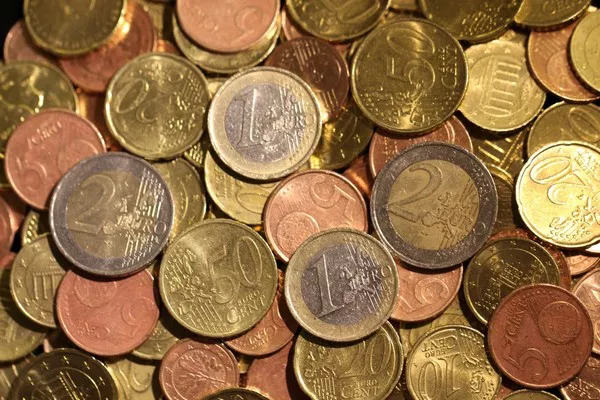For individuals or businesses involved in international trade or travel, the foreign exchange market plays a pivotal role in determining the cost of currency conversion. One common question that arises is: What is the best day to buy euros? While predicting currency movements with absolute certainty is a challenging task, understanding certain market dynamics and historical trends can provide insights that may help optimize currency exchange transactions.
Understanding Foreign Exchange Markets:
Before delving into the quest for the optimal day to buy euros, it’s essential to grasp the fundamental concepts of the foreign exchange (forex) market. The forex market operates 24 hours a day, five days a week, and is influenced by a myriad of factors such as economic indicators, geopolitical events, and market sentiment. Currencies are traded in pairs, and their values are determined by supply and demand dynamics.
Factors Influencing Euro Exchange Rates:
Several factors can impact the value of the euro against other currencies, making it crucial for individuals and businesses to stay informed about market trends. Economic indicators, such as GDP growth, inflation rates, and unemployment figures, can significantly affect the strength of the euro. Additionally, political stability, trade balances, and global events also play a role in shaping currency values.
Historical Trends and Seasonal Patterns:
While past performance does not guarantee future results, analyzing historical trends and seasonal patterns can offer valuable insights into potential opportunities for currency exchange. One common phenomenon observed in the forex market is the impact of weekdays on currency values.
Historically, Mondays and Fridays have been associated with higher volatility in the foreign exchange market. The start of the trading week on Monday often witnesses increased activity as traders react to developments that occurred over the weekend. Similarly, Fridays can be volatile as traders adjust their positions before the weekend, seeking to mitigate potential risks associated with market closures.
Midweek Stability:
Conversely, midweek trading—Tuesday to Thursday—often exhibits a more stable and predictable environment. Traders have had time to digest information from earlier in the week, and major economic indicators are typically released during this period, providing a clearer picture of the economic landscape. As a result, midweek transactions may benefit from a more balanced and less erratic market.
Economic Calendar and Events:
To enhance the precision of currency exchange decisions, keeping an eye on economic calendars and major events is crucial. Central bank announcements, interest rate decisions, and economic reports can trigger significant fluctuations in currency values. For instance, a positive economic report or an interest rate hike announcement by the European Central Bank (ECB) could boost the euro’s value.
Brexit and Eurozone Developments:
In recent years, geopolitical events such as Brexit have had a substantial impact on the euro. Negotiations, agreements, or disputes involving the United Kingdom and the European Union can lead to sudden shifts in currency values. Keeping abreast of such developments and their potential implications on the euro can be instrumental in making informed decisions about the timing of currency exchanges.
Risk Mitigation Strategies:
Given the inherent volatility of the foreign exchange market, it is essential to incorporate risk mitigation strategies into currency exchange decisions. Utilizing limit orders or stop-loss orders can help automate transactions at predetermined exchange rates or limit potential losses in the event of adverse market movements.
Consulting with Financial Professionals:
For those unfamiliar with the intricacies of currency markets, seeking advice from financial professionals or currency specialists can be a prudent step. These experts can provide personalized guidance based on individual circumstances, risk tolerance, and financial goals.
See Also: Does Switzerland Use the Euro? [Revealed!]
Conclusion:
While pinpointing the absolute best day to buy euros remains a challenge, a combination of factors, including historical trends, seasonal patterns, and market events, can be considered to make more informed decisions. Traders and businesses involved in currency exchange should stay vigilant, keep abreast of economic indicators, and employ risk mitigation strategies to navigate the dynamic landscape of the foreign exchange market. Ultimately, a well-informed and strategic approach can contribute to optimizing the timing of euro purchases in a volatile and ever-changing global market.


